TBILISI, DFWatch – Tbilisi does not recognize last weekend’s elections for parliament and president in Georgia’s breakaway regions Abkhazia and South Ossetia, respectively.
Nino Kalandadze, Deputy Foreign Minister of Georgia said at one of her regular briefings that Georgia sees the elections as unfortunate and considers such events on occupied territories without importance, unless refugees are also given the chance to vote.
“The Russian Federation tries in vain to legitimate the so-called elections and this way hide ethnic cleansing implemented against hundreds of thousands of people and demographic changes through violence,” Foreign Affairs Ministry statement published on Monday says.
Georgian Speaker of Parliament also responded to the elections in Abkhazia and South Ossetia, saying that they cannot be considered legal.
Abkhazia held a second round of the so-called parliamentary elections on March 24. The ethnic composition of the 33 elected representatives is not fully known yet. What is clear is that there are no Russian candidates among them, but three Armenian representatives were elected. Also part of the picture is that three opposition candidates got seats in the new parliament. Two MPs are from the United Abkhazia list, while fifteen were presented by independent initiative groups.
40 candidates competed in the second round. 13 MPs were elected in the first round.
The other Georgian breakaway republic South Ossetia held its second round in the presidential elections on Sunday. The former local KGB head Leonid Tibilov won the first round with about 42% of the votes, followed by presidential human rights commissioner David Sanakoyev, and in third, Kremlin favorite Dmitry Medoyev.
Medoyev, currently South Ossetia’s (internationally unrecognized) ambassador to Russia, recognized the results of the first round. With him out, it’s the second time in the last five months that a Kremlin favorite gets knocked out of the South Ossetian power struggle.
The fourth candidate Stanislav Kochiyev, leader of the Communist Party, also recognized the results, saying that he is not going to appeal them.
In the first elections held in November 2011, opposition leader Alla Dzhioyeva beat Kremlin favorite Anatoly Bibilov and was on her way to a clear victory, but following a complaint, the Supreme Court canceled the results November 30 and rescheduled new elections for March 25.
For all this time, Dzhioyeva has been running an on-and-off campaign to claim victory. For a period over the New Year, things calmed down following the early resignation of former leader Eduard Kokoity and a compromise deal which would have Dzhioyeva participate in the March 25 election, in return for a handful of officials leaving their posts. But the elected assembly in Tskhinvali blocked the deal, and Dzhioyeva broke out of the agreement and fell back on her previous goal of claiming victory because she won in November.
Dzhioyeva scheduled February 10 to hold her inauguration, but the day before she was attacked and until now was kept in the city’s hospital, complaining that she had trouble checking out from there.
Russian and Ossetian media writes that Tibilov himself contributed much in order to let her go home. She returned home several days ago, but her house is still being guarded.
An opposition news website in the region writes that around 70% of the votes of Tibilov were Dzhioyeva’s supporter, based on different media sources.
“As stated in the headquarters of the former head of the KGB, 70% of the electorate of opposition leader, who won the December elections, transferred to him [Tibilov]. And the trustees of Tibilov became former trustees of Dzhioeva, who went with her to protest in December,” Osetia.kvasia.ru writes.
Alla Dzhioyeva didn’t vote yesterday, but she called for her supporters to vote.
“In the second round, South Ossetia expects a very interesting and even a symbolic choice; the choice between maturity and youth; between the liberal values and the traditional conservative way of life. This is the most difficult choices that you can imagine,” the website writes, emphasizing the young candidate Sanakoyev in contrast to the former KGB head Tibilov.
On the day of the elections, both candidates stated that they support and will continue to strengthen the strategic partnership with Russia.
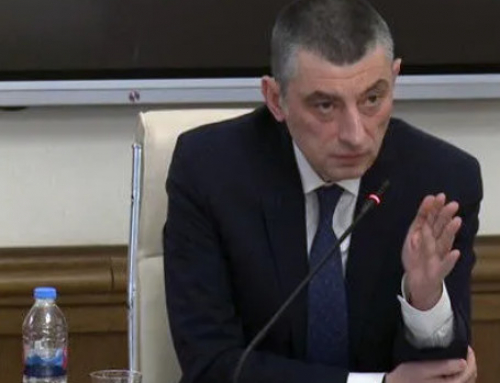
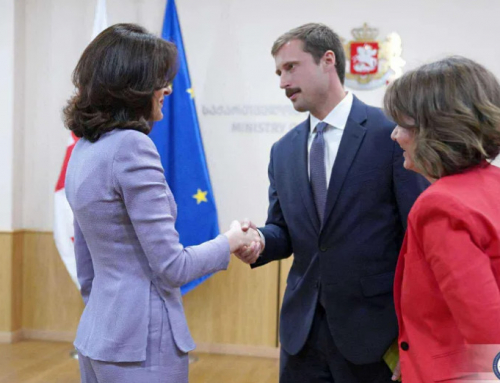
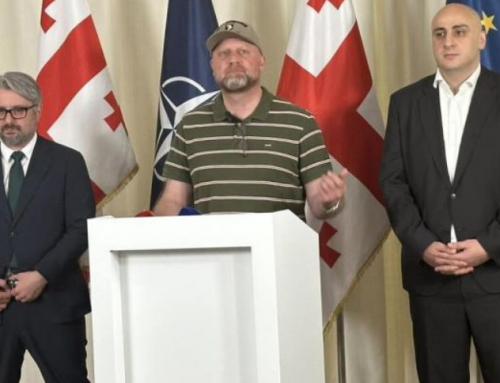
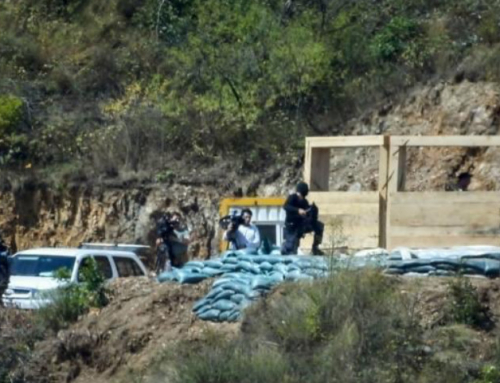
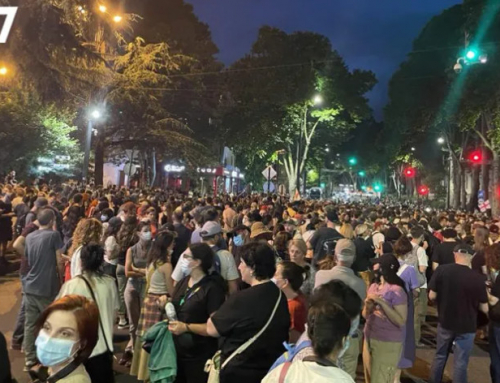
Leave A Comment
You must be logged in to post a comment.